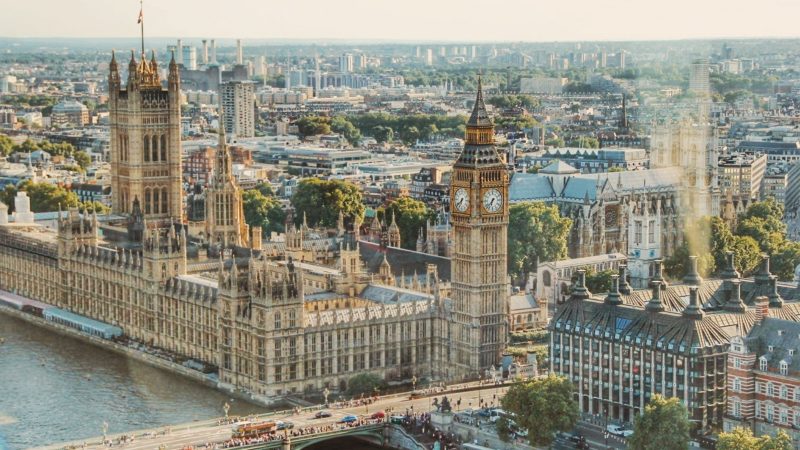
It’s the sort of headline that – in another era – would make you double-check it’s not April 1st. “John McDonnell threatens to march on palace and tell Queen: ‘We’re taking over’ if Boris Johnson loses no confidence vote,” the Telegraph splashed across its Thursday issue. Hyperbolic headline aside, the Shadow Chancellor’s intervention actually made sense in the context of our current constitutional crisis. This summer’s debates should have any believer in democracy – all of us not in Number 10 – start to panic now.
First came the refusal of Tory leadership candidates – Johnson included – to rule out proroguing parliament in order to force through a no-deal Brexit. This proposal itself was undoubtedly spurred on by the fact this was the first ‘direct’ election of a Prime Minister, by a party membership that made Jacob Rees-Mogg look moderate.
From there, the constitutional confusion has only grown. MPs soon realised that defeating ministers (by 400 votes to 16) over the Northern Ireland (Executive Formation) Bill – de facto blocking an autumn prorogation – was just the first of many steps needed to avert no deal.
Despite parliament’s opposition to a crash-and-burn Brexit being clear and Johnson having a working majority of just one, Labour and progressive parties are struggling to find a way of averting it. Instead, we are desperately looking to litigation to block a political outcome. And we’ve witnessed calls – spurred on by the Lib Dems’ reckless refusal to back an anti-no deal government headed by Jeremy Corbyn – of MPs appointing a ‘unity government’ led by names plucked out of a hat.
Much of this mess can be put down to the vagueness of the Fixed-Term Parliaments Act 2011, which says very little about what happens when a Prime Minister loses a vote of confidence. We know that there are 14 days to cobble together an alternative government, but we are told almost nothing about how this is done nor how the Queen should give it the ‘OK’.
As Dominic Cummings has been keen to highlight, Johnson could simply ignore a no-confidence vote and pick an election date to take place after we’re thrown out of the EU without a deal. As Labour has warned this morning in a letter to Cabinet Secretary Mark Sedwill, it would be an outrage – given that the convention suggests the status quo should continue under a caretaker government.
But in a government packed with figures from Vote Leave, which broke electoral law during the referendum, it is no surprise that convention could be happily overridden. Sadly, we may not be able to rely on letters to the civil service on this one.
What now? There is little we can do but what our movements do best: build a campaign. If ever there was a time to think and act – in principled terms – about what a politics for the many would look like, it is now. Our system has for too long been the plaything of old Etonians.
We are in the midst of a democratic calamity because we have a constitution built on arbitrary power and arcane conventions. These conventions are only as good as the paper they’re not written on. This August marks 200 years since the Peterloo Massacre, which saw 18 killed and many more injured in an early battle for the vote. 200 years on, the Westminster system is ragged and wrecked. Millions are left on the political margins.
What is our answer? It is good to see parts of the Labour movement exploring these issues – Scottish Labour opening up to federalism, Baroness Pauline Bryan looking at the role of an overhauled second chamber, and Jon Trickett exploring ways of deepening our democracy. Many submissions to the party’s recent home and justice commission consultation showed the strength of feeling among members for a radical structural overhaul.
Hundreds will gather – including many Labour and union figures – to set out a vision for real democracy on August 31st, at a conference in Manchester marking 200 years since Peterloo. ‘This is What Democracy Looks Like’, hosted by Politics for the Many group and backed by the TSSA and PCS unions, is the first step in building that movement for real reform. It might be parliamentary recess, but this is a pivotal time in our country’s history. It’s time for us to step up to the plate.




More from LabourList
‘After years of cuts, Labour’s local government settlement begins to put things right’
‘The Sherriff of Wild Westminster: what must change in elections bill’
‘The hope that kills you’: Reflections from the final day in Gorton and Denton